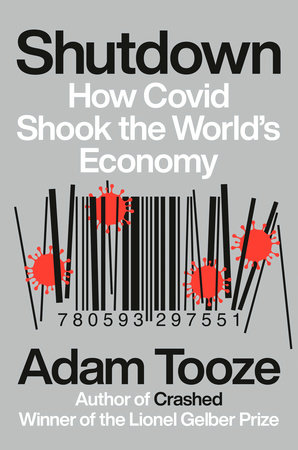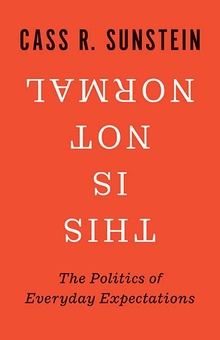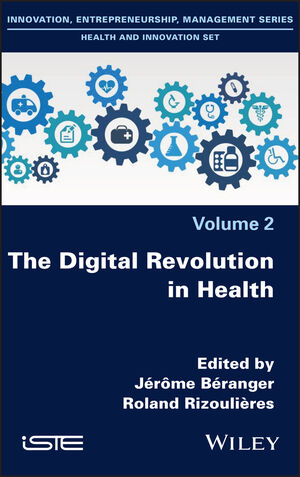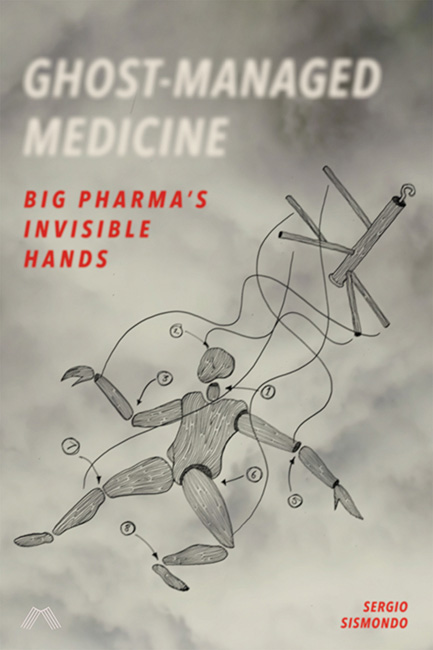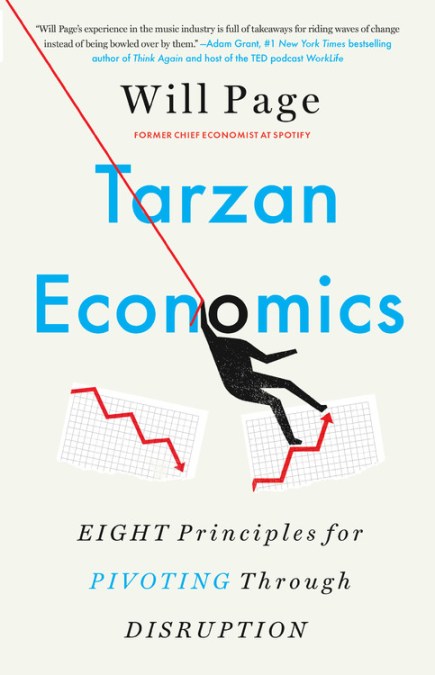Sludge. What Stops Us from Getting Things Done and What to Do about It
15 de setembre 2021
14 de setembre 2021
10 de setembre 2021
09 de setembre 2021
Creating conditions for population health
Population Health Science: Fulfilling the Mission of Public Health
Great article. Selected statements:
In 1988, an Institute of Medicine commission defined the mission of public health as “assuring the conditions in which people can be healthy.” Yet much of public health continues to focus not on the conditions in which people can be healthy but rather on individual health.
Several forces have combined to push public health away from its historical mission.
First, science has been increasingly narrowly construed as the business of conducting randomized controlled trials (RCTs). The emphasis on RCTs took hold in the field of medicine as a useful antidote to expert opinion about the effectiveness and appropriateness of care. The resulting turn to evidence-based medicine has the potential—as yet only partially realized—to improve the quality of medical education and clinical care.3-6 However, to say that RCTs can lead to an evidence base that improves clinical care is not to say that RCTs are the only avenue to improving health. This point seems to have been lost on prominent gatekeepers of science.
A second factor pushing public health away from its mission of assuring the conditions in which people can be healthy are the limits of our theoretical models. Public health can be proud of a long tradition of interdisciplinary collaboration, with economic, sociological, psychological, and other theoretical currents enriching the flow of public health research. But theoretical developments have often remained anchored in their home fields without ever creating a coherent theoretical base within public health. Within public health, our two methodological subfields—epidemiology and biostatistics—are empirical, not theoretical, fields.
Population health science starts with its own theoretical commitments: that the health and health equity of a population are different from and determined differently than the health of individuals. This is a point that was made long ago by Virchow and Durkheim and repeatedly since.19-21 While individual health may be determined by health behaviors or toxic exposures, progress on population health requires understanding why those behaviors and exposures happen. Population health science is invested in the population causes of incidence and not only the individual causes of susceptibility.
Population health science requires scientists from different disciplinary backgrounds to combine their knowledge and expertise to answer questions that individual disciplines alone cannot. It requires syncretic practice focused not on individual health, but on the mean and variation—the health equity—of outcomes in a population.
Creating the conditions for health is difficult work: far more difficult, for example, than admonishing people to act more healthfully. It is more difficult for medical delivery systems to take responsibility for keeping people healthy than to treat them when ill. It is more difficult to engage in politics with scientific integrity than to avoid political controversy altogether. And it is more difficult to think critically about the theoretical basis of what causes health in populations than to conduct randomized trials of clinical interventions.
08 de setembre 2021
Global health impact labeling
Global Health Impact. Extending Access to Essential Medicines
From the last chapter:
Beyond Global Health Impact Labeling, Licensing, and Investment: Advancing Public Health
The book began by making the case for a human right to health and to access essential medicines, in particular. It defended the right against recent critics. The second section explained the Global Health Impact initiatives. The final section made the case for consuming things with Global Health Impact and similar ethical labels and considered empirical evidence that can support such initiatives.
More precisely, the first chapter suggested that everyone should have an enforceable legal human right to health that includes a right to access essential medicines to treat diseases like malaria, tuberculosis (TB), and HIV/ AIDS because it protects individuals’ ability to live minimally good lives. It sketched an account of the minimally good life that has some advantages over the main alternative. It argued that a basic minimum of health supports,
and may even partly constitute, such lives. Moreover, it argued that the right (partly because it generates a derivative right to access essential medicines) protects this basic minimum. So, the first chapter concluded that everyone should have an enforceable legal human right to health.
The second chapter argued that the human right to health can help claimants, advocates, and duty bearers find ways to fulfill everyone’s claims. Even if this right cannot provide guidance for distributing scarce resources, the chapter argued that we should not reject it; the human right to health provides hope that can foster the virtue I call creative resolve. The right inspires a fundamental commitment to finding creative solutions to apparently
tragic dilemmas; it gives claimants, advocates, and duty bearers a response to apparent tragedy in motivating them to search for ways to avoid it.
The third chapter presented some creative new ways to use data on global health to address the access to medicines problem. It suggested utilizing information about medicines’ global health consequences to create incentives for positive change. More precisely, it claimed that having something like the Global Health Impact index provides a mechanism for incentivizing pharmaceutical companies and other organizations to extend access to essential drugs and technologies around the world. It opens the door to fruitful social activism including ethical labeling, fair licensing, lobbying insurance companies to include Global Health Impact products in their formularies, and so forth.
The fourth chapter made the moral case for supporting a Global Health Impact labeling initiative, in particular. It argued that (1) pharmaceutical companies violate rights and (2) do not do enough to address the access to medicines issue, so (3) if the initiative helps rectify these problems, people should generally purchase goods from Global Health Impact– certified companies. A similar argument might support many other ethical consumption initiatives as well.
The fifth chapter defended the new perspective on how consumers should think about their basic economic powers supporting the book’s argument for purchasing Global Health Impact– labeled goods. It defended positive change consumption: Under just institutions, people can consume what they want as long as they respect the institutions’ rules. Absent such institutions, significant moral constraints on consumption exist. Against recent critics, it argued that consumers can aim at democratic change but need not always do so. emocratic constraints may prevent truly positive change; but, at the same time, democracy is important for bringing about such change. Although people can promote democracy, they can also promote other positive processes and outcomes.
This book’s final chapter considered how examining the prospects for Global Health Impact initiatives might expand traditional philosophical inquiry’s domain. It presented a proposal for testing consumers’ willingness to make decisions based on a Global Health Impact label. The basic idea is to put a Global Health Impact label on a few over- the- counter products and to collect data on changes in consumers’ willingness to purchase these products compared to otherwise similar products from sales.
07 de setembre 2021
03 de setembre 2021
The Theranos scam whistleblower
From the hero whistleblower of the infamous Theranos scam, Thicker than Water is a look at never-before-revealed details behind closed doors at the company, revealing a cautionary tale of corporate bullying, gaslighting, ego, and wealth run amok in Silicon Valley.
Tyler Shultz had been in the workforce for less than a year when he emailed Elizabeth Holmes, his employer and the CEO and founder of Theranos, with concerns that the company’s lab practices were faulty, ignored quality control, and were potentially dangerous to patients. The COO fired back with a dismissive and insulting email, to which Tyler replied: "Consider this my two weeks’ notice."
From there, his life spun out of control at the hand of Elizabeth, her team of high-powered lawyers, and the patriarch of Tyler’s own family, George Shultz—one of America’s most prominent statesmen, who sat among the top of the Theranos Board of Directors. And yet, Tyler forged on. To protect his own conscience, the honor and reputation of his grandfather, and the health of patients worldwide.
Thicker than Water is Tyler’s as-told-to story—a harrowing and heartbreaking roller coaster of biomedical drama, family intrigue, and redemption—that will ultimately make you feel as though you are at a dinner party, seated next to a brilliant friend with one hell of a story.
02 de setembre 2021
01 de setembre 2021
What's normal?
This Is Not Normal. The Politics of Everyday Expectations
What people tolerate, and what they abhor, depends on what else they are seeing. How norms change, and ultimately determine the shape of society and government is the focus of this book:
31 d’agost 2021
26 d’agost 2021
25 d’agost 2021
19 d’agost 2021
On how risk shifting affects trust
A book that explains that shifting financial risk onto doctors in a profit-making system seriously damages patient trust. In addition this undermines overall social capital, which in turn has been linked to health outcomes.

